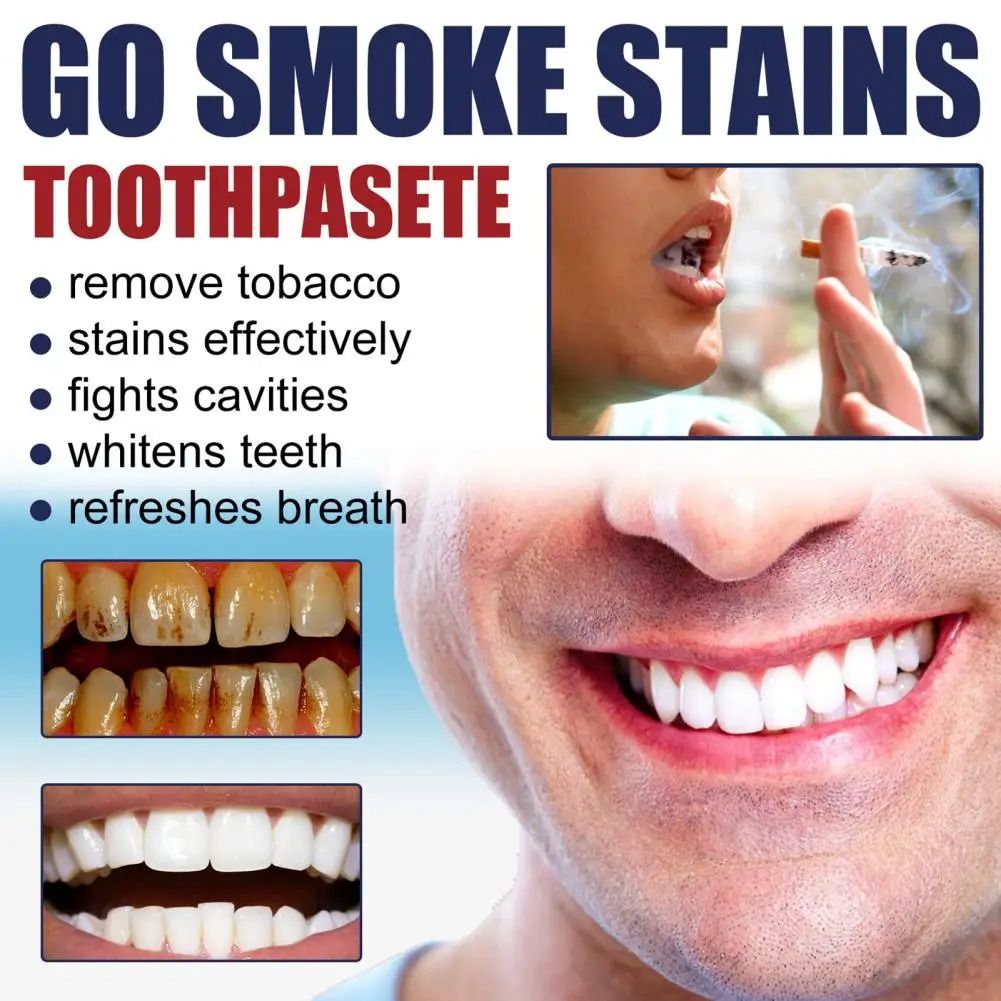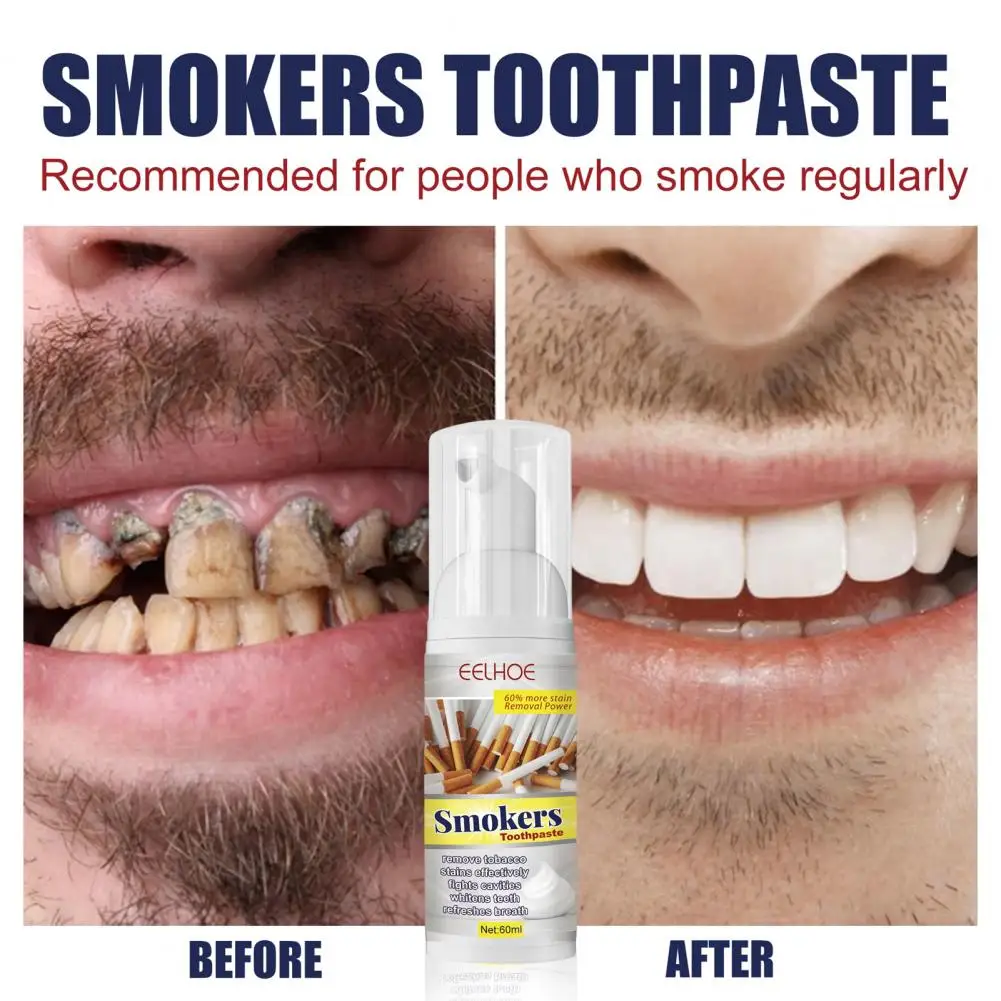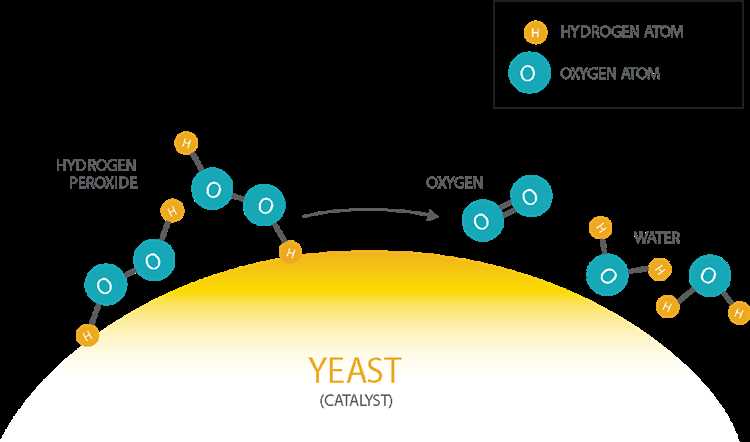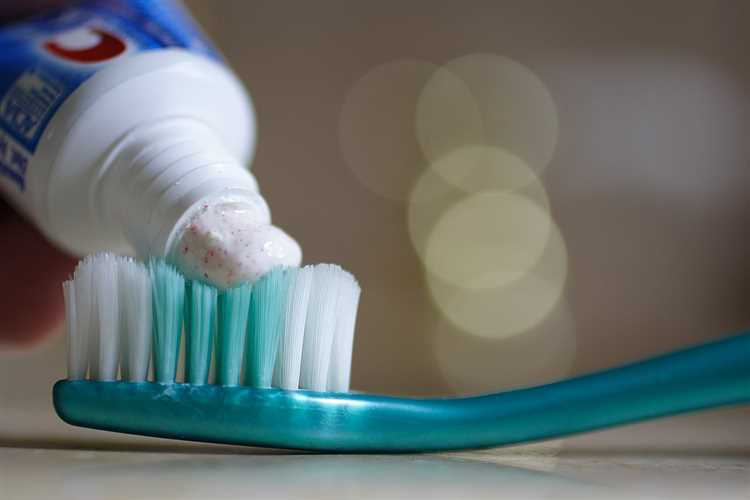
Toothpaste is a daily necessity for most people, an essential component of our oral hygiene routine. We rely on toothpaste to keep our teeth clean and healthy, preventing cavities and gum disease. But have you ever wondered what happens to toothpaste once it’s squeezed out of the tube?
The truth is, toothpaste is not indestructible. Over time, it can decompose and lose its effectiveness. This decomposition process can be influenced by various factors, such as exposure to air, moisture, and temperature.
One of the main ingredients in toothpaste is fluoride, a mineral that helps to strengthen tooth enamel and prevent tooth decay. However, fluoride can degrade over time, especially if the toothpaste tube has been exposed to high temperatures or stored for an extended period. As a result, the toothpaste may lose its ability to effectively protect our teeth.
In addition to fluoride, toothpaste contains other active ingredients, such as antibacterial agents and desensitizing compounds. These ingredients also have a limited shelf life and can degrade over time. Consequently, using expired toothpaste may not provide the desired benefits and may even lead to oral health issues.
In conclusion, toothpaste can decompose over time due to various factors, including exposure to air, moisture, and temperature. It is essential to check the expiration date on toothpaste tubes and replace them regularly to ensure maximum effectiveness. Remember, maintaining good oral hygiene practices involves not only brushing regularly but also using fresh and effective toothpaste.
- Can Toothpaste Decompose?
- Is Toothpaste Biodegradable?
- The Composition of Toothpaste
- Biodegradable Toothpaste
- Environmental Impact of Non-Biodegradable Toothpaste
- What Happens When Toothpaste Expires?
- Changes in Texture and Flavor
- Possible Bacterial Growth
- How Long Does Toothpaste Last?
- Is Toothpaste Harmful to the Environment?
- Proper Disposal of Toothpaste Tubes
- 1. Empty the Tube
- 2. Recycle the Tube
- 3. Consider TerraCycle
- 4. Reduce and Reuse
- Q&A:
- Does toothpaste decompose over time?
- What are the main ingredients in toothpaste that can decompose?
- How long does it take for toothpaste to decompose?
- What happens when toothpaste decomposes?
- How can I tell if my toothpaste has decomposed?
Can Toothpaste Decompose?
Toothpaste is an essential part of our daily oral hygiene routine. We use it to clean our teeth, freshen our breath, and prevent cavities. But have you ever wondered if toothpaste can decompose? The answer is yes, toothpaste can decompose over time.
One of the main factors that can cause toothpaste to decompose is exposure to air and moisture. When toothpaste is exposed to these elements, the active ingredients in the toothpaste can break down, reducing its effectiveness. This is why it is important to store toothpaste in a cool, dry place and to always close the cap tightly after use.
Another factor that can contribute to toothpaste decomposition is the expiration date. Like other perishable products, toothpaste has an expiration date printed on the packaging. This date indicates the period during which the toothpaste is most effective. After the expiration date, the toothpaste may start to lose its potency and quality.
It is also important to note that different types of toothpaste may decompose at different rates. For example, natural toothpaste made with organic ingredients may decompose faster than conventional toothpaste. This is because natural toothpaste typically lacks the preservatives found in conventional toothpaste.
In conclusion, toothpaste can decompose over time due to exposure to air and moisture, expiration date, and the ingredients used. Regularly checking the expiration date and storing toothpaste properly can help ensure that you are using toothpaste that is still effective. Remember to replace your toothpaste if it has expired or if you notice any changes in its texture or smell.
Is Toothpaste Biodegradable?

When it comes to oral care products, toothpaste is essential. However, it is important to also consider the environmental impact of the toothpaste we use. One crucial aspect to consider is whether toothpaste is biodegradable.
Biodegradability refers to the ability of a substance to decompose naturally and be absorbed back into the environment without causing harm. In the case of toothpaste, it is important to know if it can break down over time, reducing the environmental impact it may have.
The Composition of Toothpaste
Toothpaste is typically composed of several ingredients, including abrasives, binders, humectants, detergents, flavorings, and preservatives. These ingredients work together to clean teeth and provide a fresh breath feeling. However, not all toothpaste brands are created equal when it comes to biodegradability.
Biodegradable Toothpaste
Some toothpaste brands have taken steps to ensure their products are more biodegradable. These brands may utilize natural ingredients and avoid certain additives that can impede the biodegradation process. By choosing toothpaste brands that focus on biodegradability, you can reduce your impact on the environment.
Furthermore, some toothpaste brands offer biodegradable packaging. This means that not only is the toothpaste itself environmentally friendly, but the packaging can also be broken down naturally without causing harm to the environment.
Environmental Impact of Non-Biodegradable Toothpaste
On the other hand, non-biodegradable toothpaste can have a negative impact on the environment. When non-biodegradable toothpaste is disposed of in landfills or waterways, it can contribute to pollution and harm ecosystems. It can take years for non-biodegradable toothpaste tubes and packaging to decompose, which means they can linger in the environment for a significant amount of time.
It is important to consider the environmental impact of the toothpaste we use and make choices that align with sustainable practices. By opting for biodegradable toothpaste, we can contribute to a cleaner and healthier planet.
Ultimately, the biodegradability of toothpaste differs depending on the brand and its ingredients. It is important to do research and choose toothpaste brands that prioritize sustainability and environmental responsibility.
What Happens When Toothpaste Expires?
Like any other product, toothpaste has an expiration date. But what exactly happens when toothpaste expires? Is it still safe to use? Let’s find out!
When toothpaste reaches its expiration date, it may not be as effective as when it was fresh. The active ingredients in toothpaste, such as fluoride, hydrogen peroxide, and baking soda, can become less potent over time. This means that the toothpaste may not be as effective in fighting cavities, whitening teeth, or freshening breath.
Changes in Texture and Flavor

Expired toothpaste may also undergo changes in texture and flavor. It can become clumpy or dry, making it more difficult to squeeze out of the tube. The flavor may also change, becoming less pleasant or more bitter. These changes may make brushing your teeth less enjoyable and affect your overall oral hygiene routine.
Possible Bacterial Growth

Another concern with using expired toothpaste is the possibility of bacterial growth. As toothpaste ages, it may become a breeding ground for bacteria, especially if it has been exposed to moisture or contamination. Using toothpaste with bacterial growth can potentially lead to oral infections or other dental problems.
It is important to note that toothpaste generally has a long shelf life, and the expiration date is just an indication of when its efficacy may start to decline. However, to ensure optimal oral health, it is recommended to use toothpaste that is within its expiration date.
| Signs that Toothpaste Has Expired |
|---|
| – Change in texture or consistency |
| – Unpleasant or off-putting flavor |
| – Past the expiration date indicated on the packaging |
| – Exposed to moisture or contamination |
In conclusion, toothpaste that has expired may not be as effective in maintaining oral health. It may have changes in texture, flavor, and potentially harbor bacteria. To ensure the best results, it is recommended to use toothpaste within its expiration date and properly store it to prevent contamination.
How Long Does Toothpaste Last?
Toothpaste, like any other product, has a shelf life. While it doesn’t necessarily “go bad” in the sense of developing harmful bacteria, it can become less effective over time. Toothpaste typically has a shelf life of about two years from the date of manufacture.
After this time, the active ingredients in the toothpaste, such as fluoride and antibacterial agents, may start to break down and lose their effectiveness. This means that the toothpaste may not provide the same level of protection against cavities and gum disease as it did when it was fresh.
However, even if toothpaste is past its expiration date, it is generally still safe to use. It may not be as effective as fresher toothpaste, but it is unlikely to cause any harm. If you find an old tube of toothpaste, it’s a good idea to check its consistency and smell to ensure that it hasn’t changed significantly.
Proper storage can also help extend the lifespan of toothpaste. It should be kept in a cool, dry place and away from direct sunlight. Exposure to heat and moisture can accelerate the breakdown of the active ingredients.
So, while toothpaste does have an expiration date, it doesn’t suddenly become unusable. However, if you want to ensure that you’re getting the maximum benefits from your toothpaste, it’s a good idea to replace it every two years or so.
Remember: regular brushing with toothpaste is an important part of maintaining good oral hygiene. So, make sure you’re using fresh toothpaste for optimal results!
Is Toothpaste Harmful to the Environment?
Toothpaste is a widely-used oral hygiene product that most people use on a daily basis. However, have you ever wondered if toothpaste is harmful to the environment? The answer is, unfortunately, yes.
Traditional toothpaste contains ingredients that can have negative effects on the environment. One of the main concerns is the presence of microplastics in toothpaste. These tiny plastic particles are often used as abrasives to help remove stains and plaque from teeth. However, when we rinse our mouths and spit out the toothpaste, these microplastics can end up in water sources, such as rivers and oceans, where they can negatively impact marine life.
In addition to microplastics, toothpaste can also contain other harmful ingredients, such as triclosan and sodium lauryl sulfate (SLS). Triclosan is an antibacterial agent that has been linked to environmental pollution and the development of antibiotic-resistant bacteria. SLS, on the other hand, is a foaming agent that can be toxic to aquatic organisms.
Fortunately, there are alternative toothpaste options available that are more environmentally friendly. Some toothpaste brands offer natural or organic options that are free from harmful ingredients like microplastics, triclosan, and SLS. These toothpastes often use natural abrasives and ingredients that are biodegradable, reducing their impact on the environment.
Another alternative is to make your own toothpaste using simple ingredients like baking soda, coconut oil, and essential oils. This way, you have complete control over the ingredients and can ensure that no harmful substances are being released into the environment.
In conclusion, while traditional toothpaste can be harmful to the environment due to the presence of microplastics and other harmful ingredients, there are alternative options available that are more eco-friendly. By choosing toothpaste brands that prioritize sustainability and making your own toothpaste, you can help reduce your environmental footprint and protect our planet.
Proper Disposal of Toothpaste Tubes
As you may already know, toothpaste tubes are not biodegradable and can take hundreds or even thousands of years to decompose. Therefore, it is important to dispose of them properly to minimize their impact on the environment. Here are some steps you can take to ensure the proper disposal of your toothpaste tubes:
1. Empty the Tube
Before you dispose of a toothpaste tube, make sure it is completely empty. Squeeze out any remaining toothpaste and rinse the tube with water to remove any traces of product.
2. Recycle the Tube
Many toothpaste tubes are made of a type of plastic called high-density polyethylene (HDPE), which is recyclable. Check with your local recycling facility to see if they accept toothpaste tubes for recycling. If they do, make sure to clean and dry the tube before placing it in the recycling bin.
3. Consider TerraCycle
If your local recycling facility doesn’t accept toothpaste tubes or if you want to take extra steps to ensure proper disposal, consider using a toothpaste tube recycling program like TerraCycle. TerraCycle offers a free recycling program specifically for toothpaste tubes and other oral care products. Simply sign up online, collect your empty tubes, and ship them to TerraCycle for proper recycling.
4. Reduce and Reuse
One of the most effective ways to reduce the environmental impact of toothpaste tubes is to minimize your use of them. Consider switching to toothpaste tablets or powders that come in eco-friendly packaging, or look for toothpaste tubes made from recyclable materials. Additionally, you can reuse empty toothpaste tubes for other purposes, such as storing small items or creating crafts.
By following these steps, you can ensure that your toothpaste tubes are disposed of properly and contribute to a cleaner and healthier environment.
Q&A:
Does toothpaste decompose over time?
Yes, toothpaste can decompose over time. The main reason for this is the presence of certain ingredients in the toothpaste that can break down or degrade over time.
What are the main ingredients in toothpaste that can decompose?
Some of the main ingredients in toothpaste that can decompose include fluoride, hydrogen peroxide, and certain flavors or oils. These ingredients can break down or lose their effectiveness over time.
How long does it take for toothpaste to decompose?
The time it takes for toothpaste to decompose can vary depending on various factors such as the specific brand and formulation of toothpaste, storage conditions, and the expiration date. In general, toothpaste can start to lose its effectiveness after about one to two years.
What happens when toothpaste decomposes?
When toothpaste decomposes, its ingredients can break down or degrade, leading to a decrease in their effectiveness. For example, fluoride, which helps prevent tooth decay, can lose its potency. The texture and consistency of toothpaste may also change, becoming dried out or clumpy.
How can I tell if my toothpaste has decomposed?
There are a few signs that may indicate that your toothpaste has decomposed. These include a change in texture or consistency, such as the toothpaste becoming dried out or clumpy. Additionally, if the toothpaste has passed its expiration date, it may be less effective.